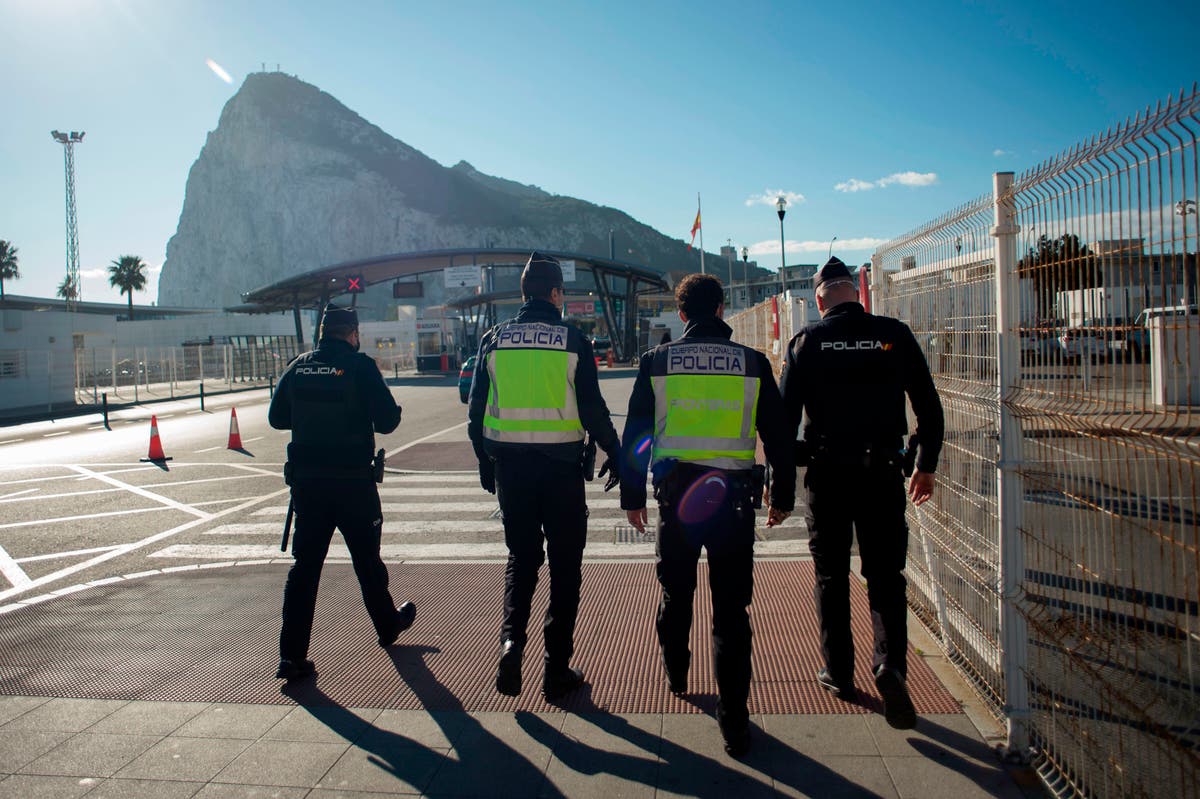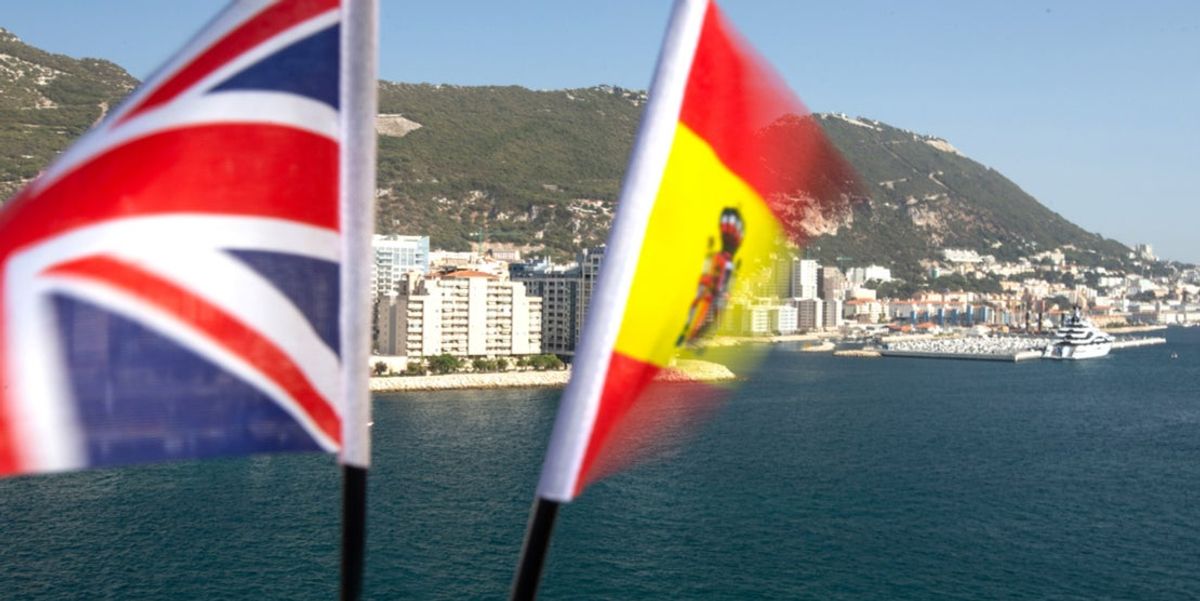The Sunday Times covered this in more detail a couple of weeks ago. I don't have a link so will have to post the text. I'm sure there are a lot of good and sensible british in Spain, but it has more than its fair share of brain dead.
Tempers fray among expats as Brexit rules cast shadow over Costa sunspots
Britons who planned a retirement in Spain are leaving rather than struggle with bureaucracy, travel curbs and fees
The Brexit vote was nearly five years ago, but the battle continues in Spain where the largest British expatriate community in Europe is at loggerheads over who is to blame for ending their idyll.
Tempers are running high over a welter of paperwork and post-Brexit rules depriving British visitors of the freedom to come and go as they please as well as requiring them to apply for residency cards and Spanish driving licences. It has forced many to abandon their sunny retirement and resettle in the UK.
Brexiteers and remainers are blaming each other. Gareth Thomas, 69, a former RAF engineer from Kent who lives in the hills outside Benidorm on the Costa Blanca, does not dare visit his favourite bar these days for fear of being attacked as an opponent of Brexit.
“I have been threatened with violence,” said the retired geography teacher. “I was told if I didn’t shut up this person was going to smash my face in. Brexiteers target people like me because they think if we ‘traitors’ had kept our mouths shut, it would have been plain sailing and we would have got a better deal from Europe.”
Between 800,000 and a million Britons are estimated to own a second home in Spain, and they were allowed to vote in the referendum as long as they had been registered to vote in Britain in the previous 15 years.
Brexiteers also have been feeling the heat. Mark Sampson, a former bar owner and fervent Brexiteer, said: “I get remainers trying to tell me their arguments. I’ve had a few shouting at me in bars. I am 6ft tall and 20 stone so no one’s going to take me on in a fight, but if they want to talk about Brexit, I give them both barrels.”
British-only enclaves along the “Costas” are Brexiteer hotbeds notorious for their unwillingness to integrate with Spanish society. The top three areas for Brits are the Costa del Sol in the south, the Costa Blanca further north and the Canary Islands. The Balearics are also popular. “They think they’re the best in the world these little Englanders,” said Baz Rhodes, a pensioner and paragliding guide who lives further inland. “The ones who voted for Brexit should keep their gobs shut.”
Rhodes, who is from Essex but has lived in Spain for two decades, said Brexit had complicated his happy retirement. “It’s taken away a lot of rights that we had. Now we need to get private medical insurance, which is expensive and hard to afford on my pension. I’ve had no earnings since the end of 2019.”
ince just before the referendum in 2016, the number of Britons registered as resident in Spain has fallen by 20,000 to 262,885. An even greater number, though, are thought to have taken advantage of the EU’s freedom of movement to live in Spain “under the radar”, without registering, and returning to the UK whenever they needed medical attention.
Those days are over. Now, like all other foreigners from outside the EU, British visitors who were once able to come and go on a whim will be limited to stays of 90 days within every 180 days. Those wishing to register as residents will have to jump through a number of bureaucratic hoops to prove earnings of £2,000 a month — and £500 more for each dependent — as well as acquire Spanish driving licences.
The end of the transition period on December 31 prompted a rush of applicants for residency cards before the new earnings requirement took effect. But the paperwork has proved taxing for many expats who speak little Spanish. Others who let properties in Spain are put off by the far higher tax they will have to pay as non-EU citizens.
“The Sunday roast, fish and chips brigade, have taken a big hit. A lot have thrown the keys back and buggered off,” said Julian Charter, an estate agent and former pub landlord from Newbury, Berkshire, living in southern Spain, who added that the pandemic had also contributed to this outflow.
Michel Euesden, owner of Euro Weekly, an English language newspaper in southern Spain, said: “Removal companies have never been busier. There’s an abundance of people leaving.”
Daphne Vallins, 64, has returned from southern Spain to live with her mother in Leatherhead, Surrey. “I did not want to apply for residence status. It would mean paying £100 a month in private health insurance, changing my UK driving licence into a Spanish one and having to pay my taxes in Spain,” she said.
Among those affected are so-called “swallows”, Britons with second homes in Spain who used to come and go as they pleased but will now have their passports stamped with entry visas limiting them to three months in Spain like other tourists from outside the EU. They are dispirited.
“We decided that it was all too much if we could only spend 90 days there,” said Chantal Purdy, a retired school examiner who, with her husband David, moved home to Hinckley, Leicestershire, last year for good.
“We are very sad as we adore our house in Spain. We never imagined that Brexit would stop all this. It is awful.”
Euesden said: “We were warning about the consequences of Brexit, but nobody took any notice. Now our lives have changed for ever.”
She was optimistic about the future, though, joking that today’s exodus was not as great as when a pirated satellite television service ceased operating in a giant British housing estate in Orihuela, near Murcia, a few years ago. “Suddenly they couldn’t get their Coronation Street. There weren’t enough trucks to take them all back.”
While many Britons are leaving “because they can’t get their favourite English sausages”, others are arriving, including many intent on escaping UK lockdowns for sunnier climes, and “digital nomads”, Euesden said.
“Spain was let down by people who didn’t have anything to offer,” she said. “But now I think people who’ll come will be a bit different.” Referring to job-seekers and “digital nomads”, she added: “They will be people who are earning their living.”

 www.independent.co.uk
www.independent.co.uk



